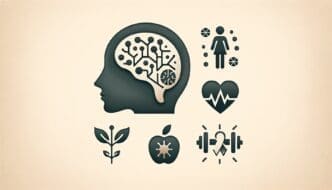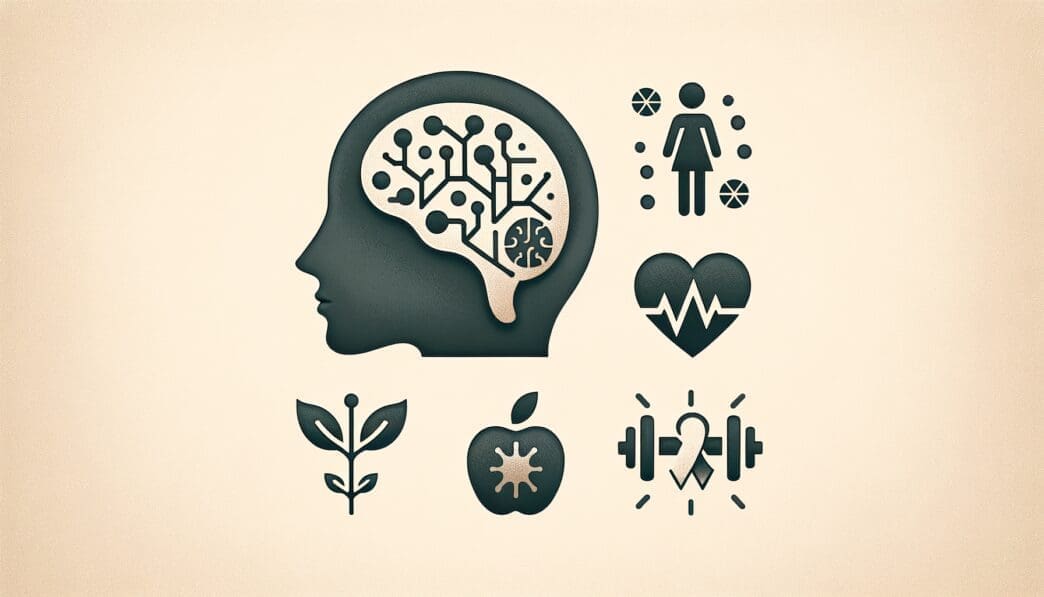Recent studies reveal a common yet often overlooked condition that may significantly increase the risk of developing dementia—by two to three times. Alarmingly, this condition is frequently underdiagnosed in women. Current research highlights the connection between Attention Deficit Hyperactivity Disorder (ADHD) and dementia, emphasizing the need for greater awareness and understanding.
ADHD, which is often underreported in females, is primarily diagnosed in childhood, with data showing that boys are nearly twice as likely to be recognized with the condition. This trend continues into adulthood, resulting in an estimated 55% of ADHD cases remaining undiagnosed in women. The connection between ADHD and dementia has been the focus of recent studies, particularly one from the Psychiatric University Hospital in Zurich, Switzerland, which explores how ADHD may accelerate cognitive decline as individuals age.
The study published in Psychiatry and Clinical Neurosciences investigates whether adults with ADHD show early signs of brain changes that are associated with age-related decline. One critical finding relates to elevated iron levels in the brain, a factor linked to Alzheimer’s disease and other forms of dementia. Researchers assessed neuroaxonal damage, or the stress on the brain’s wiring, which could indicate a heightened risk of cognitive decline.
To conduct the analysis, scientists compared brain scans, blood samples, and lifestyle data from a group of 32 adults diagnosed with ADHD, who had an average age of 35, to a matched control group of 29 adults without ADHD. The control group was aligned by age, gender, and education level.
The results indicated that adults with ADHD exhibited significantly higher iron levels in specific areas of the brain, particularly the right precentral cortex, which is involved in movement and attention. These elevated iron levels correlated with increases in neurofilament light chain (NfL) levels in the blood, suggesting potential brain cell stress or damage among those with ADHD. Interestingly, no significant lifestyle differences, such as body mass index (BMI) or smoking habits, were found between the two groups, indicating that the iron buildup was not attributable to common lifestyle factors.
While some accumulation of iron in the brain is a natural part of aging, excess iron in particular regions may signal more serious long-term issues, highlighting the importance of recognizing and treating ADHD to potentially mitigate related cognitive health risks. As awareness grows, it is crucial for women and healthcare providers to understand the link between ADHD and dementia, ensuring timely diagnosis and management of this silent but significant condition.
What This Means for People With ADHD
If you or someone you love has ADHD, there are several proactive steps you can take to mitigate the risk of cognitive decline:
Adopt a Healthy Lifestyle: Adults with ADHD are more likely to have cardiovascular risk factors, so regular exercise, a Mediterranean-style diet, quality sleep, stress management, and avoiding smoking and excessive alcohol can bolster both ADHD management and brain health.
Monitor Your Brain Health: Proactively monitoring brain health, particularly for individuals with ADHD, can facilitate earlier intervention and prevention. Consider speaking with a healthcare professional about baseline cognitive tests, such as memory, attention, and executive function assessments.
Seek Medical Attention Early: If you begin noticing symptoms like forgetfulness, confusion, or attention lapses, seek medical attention promptly. Early diagnosis and treatment are crucial.
Advocate for Proper Treatment: Women and other underdiagnosed groups should advocate strongly for accurate diagnosis and treatment, which can significantly impact long-term brain health.
Stay on Top of ADHD Treatment: Whether through medication, behavioral therapy, or both, managing ADHD can help reduce cognitive strain and lower the risk of future issues.
Keep Your Brain Engaged: Engage in hobbies and activities that challenge your mind, such as learning a new skill, solving puzzles, or maintaining social connections, as loneliness is a significant risk factor for cognitive decline.












